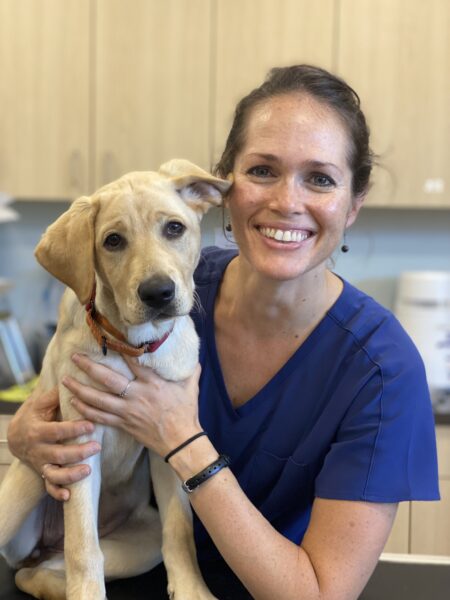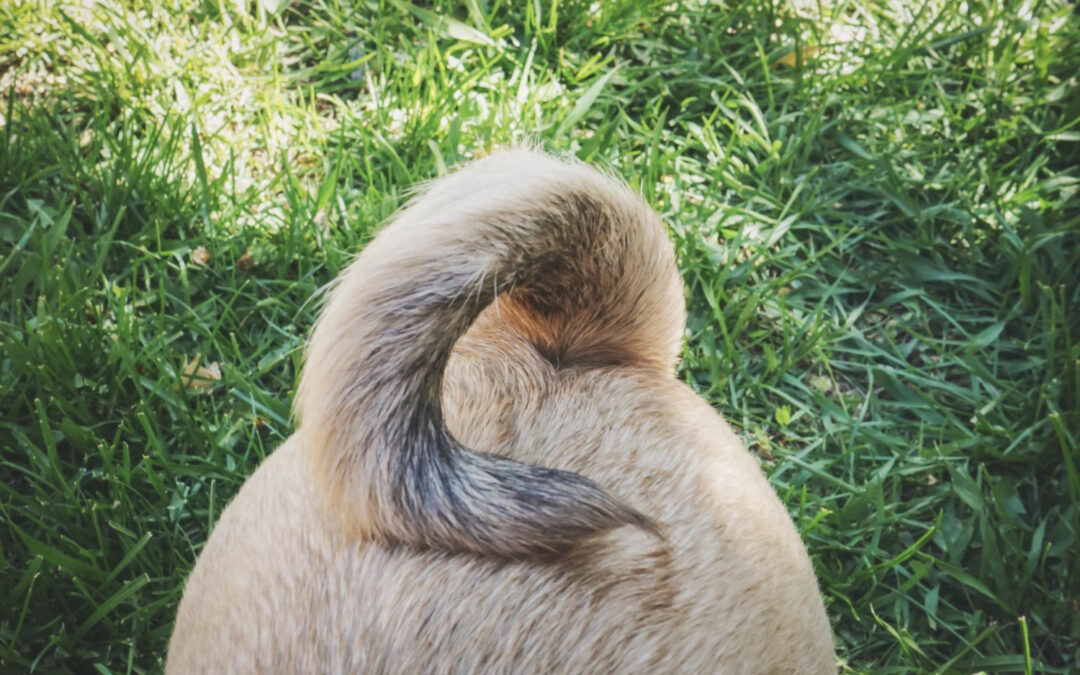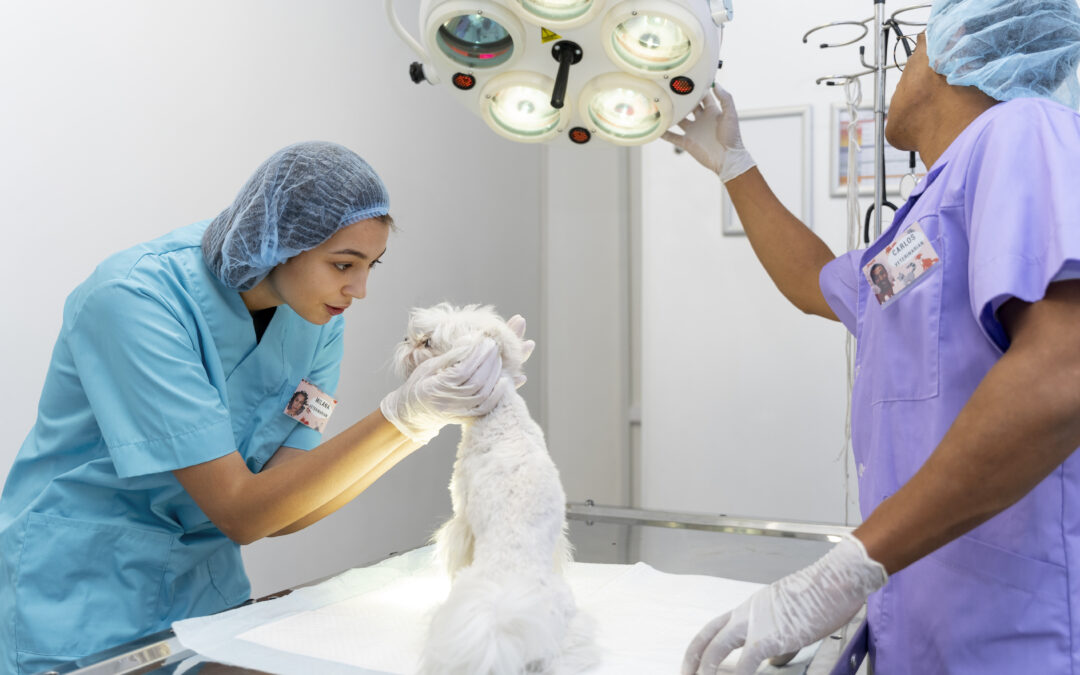 Veterinary Urgent Care Center knows that you have a million questions when it comes to welcoming a new puppy into your home. Our very own Katie Holmes, DVM, is a veterinarian at VUCC Quincy and recently welcomed Parsley, an adorable yellow lab, into her life. Dr. Holmes will chronicle her first few months with Parsley to offer tips and tricks for how to incorporate a new puppy into your family! Read her first entry here!
Veterinary Urgent Care Center knows that you have a million questions when it comes to welcoming a new puppy into your home. Our very own Katie Holmes, DVM, is a veterinarian at VUCC Quincy and recently welcomed Parsley, an adorable yellow lab, into her life. Dr. Holmes will chronicle her first few months with Parsley to offer tips and tricks for how to incorporate a new puppy into your family! Read her first entry here!
We all need structure in our lives to keep our days aligned. Puppies are the same as us in a lot of different ways in that regard too!
Acclimating good, positive habits into your puppy’s routine will make your life and its life much, much better. As Parsley and I have navigated through the first month of being in each other’s lives, I wanted to share a few tips on how best you can acclimate your dog to a routine in certain scenarios to set him or her up for success.
- Get your dog comfortable with a crate! A puppy on the loose around the house can get into trouble and potentially add unwanted medical bills to your plate (not to mention the need to purchase new shoes!). Create set times for your pup to be in his or her crate. Make the crate engaging, and comfortable so they don’t feel bored or alone. Some people like to play soothing music or keep a TV around the crate to keep the dog’s attention and let them not react to every noise or comings and goings in the house. I personally just like to just keep the environment quiet, with a few good chew toys in there. With repetition, your dog will look at the crate as a safe space and not a place they do not want to be, which leads to barking or fear of being in a crate.
- Create enrichment! Dogs (particularly puppies!) that are bored typically go looking for other forms of entertainment—rugs, furniture, toilet paper are apparently my puppy’s entertainment of choice! So keep them interested in ways that you don’t mind–cardboard boxes and junk mail (minus plastic!) are some items that I allow Parsley to chew on. She makes a good mess, but these are things that keep her busy and out of other forms of trouble. I feed her exclusively in food puzzle balls or kongs, and otherwise slowly dose out her kibble to keep her interested and distracted. She also loves to chew on ice–it must feel good as she teeths, and it is a great way to hydrate her, especially in the heat.
- Handle them! Dogs can become aggressive if they are afraid and/or not accustomed to being touched in certain ways—this can make things much more challenging as your puppy grows, and also more stressful as you bring your dog in for medical care. Being able to open their mouth, brush their teeth, touch their feet, bathe them and touch their ears are important behaviors to acclimate them to. Make these activities calm, with positive reinforcement when you do them, always being gentle but firm. Hopefully they will never have ear infections, skin issues, need to take medication, etc, but by making these activities “normal”, it will take an added stress out of keeping them healthy.
- Stick to a schedule! Figure out when the dog’s feeding time is and stick to it. Are they a grazer? Or do they devour their food in one sitting (which you also might want to pull food away for proper digestion if they see food and eat it immediately). Try to stick to a solid routine for their walks, so they are aware of when they should go to the bathroom. Schedule your dog walker if you have to return to an office to maintain that same timing. Routine is so important for a puppy and a strong start will set you up for success.
Our teams in Quincy, Easton and Plymouth are available seven days a week. Our hours vary depending on location. To book online or see our available hours, please visit: https://www.clockwisemd.com/groups/538



